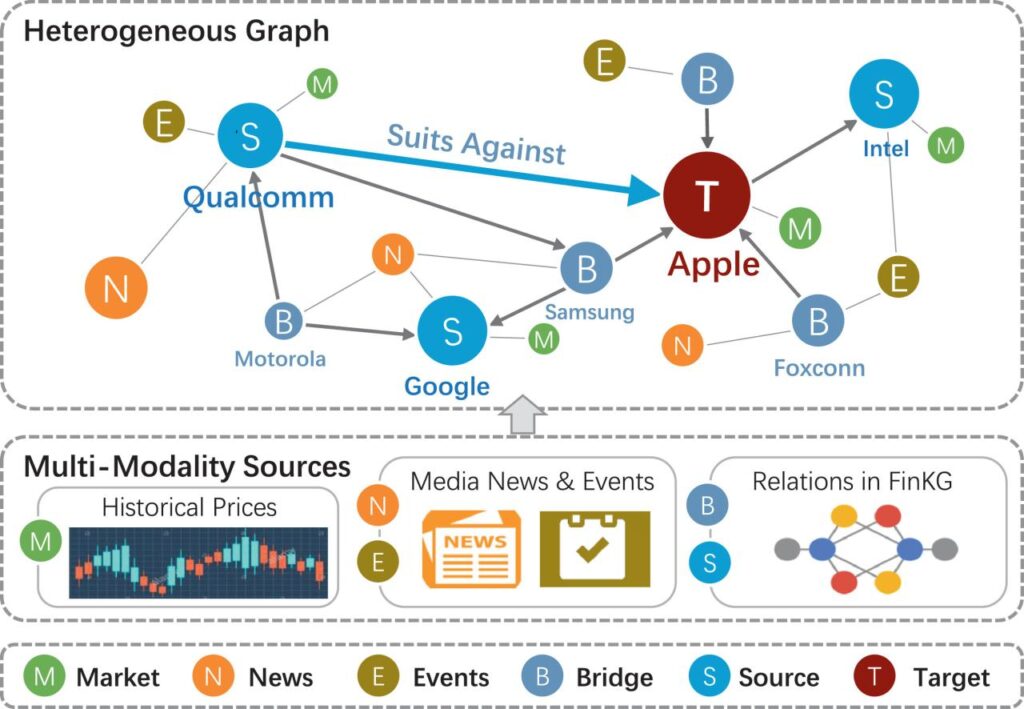How BI Is Powering Digital Transformation sets the stage for a remarkable journey into the realm of business intelligence, where data becomes a vital asset in shaping organizational futures. In today’s fast-paced digital landscape, harnessing the power of BI is not just an option but a necessity for companies aiming to thrive. Through insightful analytics and strategic data-driven decisions, organizations can break free from traditional methodologies and embrace a new era of innovation and growth.
Understanding how BI integrates seamlessly into digital transformation offers a glimpse into the mechanisms that allow businesses to adapt, evolve, and lead in an increasingly competitive market. With the right tools and a clear vision, BI empowers stakeholders to turn raw data into actionable insights that fuel strategic initiatives and enhance customer experiences.
In a world that spins ever faster, technology stands as both our greatest ally and our most formidable challenge. From the moment we wake to the sound of an alarm clock, often set by our smartphones, to the last flicker of light as we fall asleep with our devices close by, technology has woven itself into the very fabric of our daily lives.
This article will delve into the transformative power of technology, exploring not only the conveniences it affords but also the profound implications it holds for our future.
The Ubiquity of Technology
Technology is no longer a mere tool; it has become an extension of ourselves. The average person spends over six hours a day on digital media. We use apps for everything from ordering food to managing our finances, and social media to connect with friends and family. This ubiquitous presence has fostered a culture of immediacy, where information is at our fingertips and communication is instantaneous.
However, this convenience comes with its own set of challenges.
The Double-Edged Sword: Benefits and Drawbacks: How BI Is Powering Digital Transformation
While the advantages are undeniable—enhanced communication, greater access to information, and improved efficiency in our tasks—the drawbacks are equally significant. The phenomenon of digital addiction, for instance, is rising alarmingly. Studies indicate that excessive screen time can lead to anxiety, depression, and even physical ailments. As we navigate through the digital age, it is crucial to find a balance between embracing technology and maintaining our mental and physical well-being.
Transforming Education
One of the most profound impacts of technology lies in the field of education. With the advent of online learning platforms such as Coursera, Khan Academy, and educational YouTube channels, knowledge is more accessible than ever. Students from diverse backgrounds can learn at their own pace, choosing subjects that pique their interest. Furthermore, technology has enabled a global classroom, where students from different continents can collaborate on projects, share insights, and foster global citizenship.
The Future of Work: Remote and Hybrid Models
The workplace has also undergone a significant transformation thanks to technology. With tools like Zoom, Slack, and Microsoft Teams, remote work has become not just a necessity but a viable long-term option. Businesses are now considering hybrid models that allow employees the flexibility to work from home or in the office. This shift not only enhances work-life balance but also opens up opportunities for companies to tap into a global talent pool, unbound by geographical limitations.
Healthcare Revolutionized
In the realm of healthcare, technology is revolutionizing how we prevent, diagnose, and treat illnesses. Telemedicine has gained traction, allowing patients to consult with healthcare professionals from the comfort of their homes, reducing wait times and enhancing the overall experience. Wearable technology, like fitness trackers and smartwatches, empowers individuals to monitor their health proactively. Moreover, advancements in artificial intelligence and machine learning are paving the way for more accurate diagnoses and personalized treatment plans.
Smart Cities: The Urban Future
As urban populations swell, the concept of smart cities is gaining momentum. These cities utilize technology to enhance the quality of life for their residents, focusing on sustainability, efficiency, and innovation. From smart traffic management systems that reduce congestion to energy-efficient buildings that lower carbon footprints, the integration of technology into urban planning holds the promise of a more sustainable future.
However, the challenge lies in ensuring that these developments are inclusive and accessible to all citizens.

The Ethical Implications of Technology
As we harness the power of technology, we must also grapple with the ethical implications that arise. Issues such as privacy, data security, and the digital divide cannot be overlooked. The collection of vast amounts of personal data raises concerns about surveillance and consent. As we embrace innovation, we must advocate for policies that protect individuals’ rights and ensure equitable access to technology across different socio-economic backgrounds.
Conclusion: A Call to Action
The transformative power of technology is undeniable, and as we stand on the precipice of unprecedented change, it is our responsibility to steer this evolution mindfully. Embracing technology can lead to extraordinary advancements in our lives, but it requires a collective effort to address its challenges head-on. Let us advocate for responsible innovation, prioritize mental and physical well-being, and strive for a future where technology serves as a bridge, connecting people rather than a barrier that divides them.
The future is indeed bright, but it is up to us to ensure that it is inclusive, ethical, and sustainable for generations to come.










